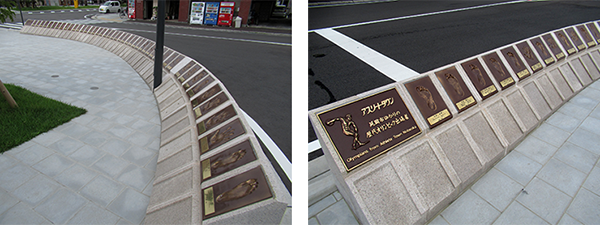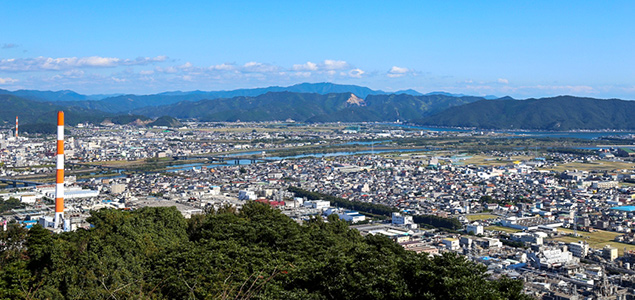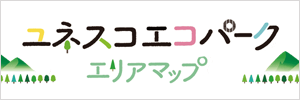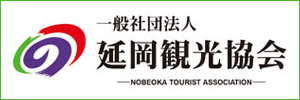本文
Athlete Town Nobeoka
In recent times, Nobeoka has become known as an "Athlete Town." Through the Olympics and other international sports competitions, Nobeoka has been sending track and field athletes, judo players, and swimmers to compete as a means of continuing their international exchange efforts.
Nobeoka hosts both national and regional level competitions such as the Golden Games in Nobeoka, the Nobeoka Western Japan Marathon, and the Junior Kyushu Judo Tournament Isogai Cup. Nobeoka also hosts both professional and amateur training camps for many sports including baseball, judo, soccer, sumo, track and field, volleyball.
Looking towards the 2020 Tokyo Olympic and Paralympic Games, Nobeoka has partnered with Germany and Myanmar to be host towns for their national judo teams. During training camps in Nobeoka, members from the respective countries practice with athletes from the Asahi Kasei Judo Club, local junior high and high school students, as well as participating in international exchange events in hopes of deepening the bonds between both athletes and students.

Nobeoka Western Japan Marathon
Held every February in Nobeoka, the Nobeoka Western Japan Marathon is a full marathon (42.195 km) event recognized by Japan Association of Athletics Federation (JAAF). The course begins and ends in Nobeoka, looping back within Hyuga. Beginning in 1963 as a male-only event, it was opened up to all athletes in 2015. Participants must be registered with Jaaf and 18 years of age by the day of the race. Many of the world renowned runners from Asahi Kasei Chemical Company debuted at this event.

Golden Games in Nobeoka
Every year at the beginning of May, the "Golden Games in Nobeoka (GGN)," a track and field competition with hundreds of athletes, is held at the Nishishina Sports Park. Top athletes from around the world and from within Japan, such as members of the local Asahi Kasei Chemical Company, as well as college students, and younger children, compete in various events. One particular feature of the Golden Games is the proximity of the stands to the track. Audience members within the stands are close enough to hear the athletes' steady breathing and crashing footsteps as they race around the course. At night, the entire arena is engulfed in enthusiasm under the illumination of the spotlights, as the athletes compete and the crowds cheer by beating on signboards.
Entry is free and tens of thousands of people come to cheer for the athletes.

Junior Kyushu Judo Tournament Isogai Cup
The Junior Kyushu Judo Tournament Isogai Cup attracts judo athletes from all over Kyushu to compete and demonstrate the fruits of their training. The Isogai Cup began in 1937 to commemorate Hajime Isogai, a Nobeoka native, achieving the rank of 10 dan, the highest ranking in judo.

Plaster Hand print and Footprint Monument
Located outside of Nobeoka Station are 46 mounted hand and footprints of athletes affiliated with Nobeoka who have competed in the Olympics since the 1932 Los Angeles Olympic Games.






